Stellantis signals potential UK production halt due to tough EV mandates. Maria Grazia Davino, Stellantis’s head, voices concerns over the 2035 petrol and diesel ban, hinting a decision on plants in Luton and Ellesmere Port could come within a year. Stellantis is the parent company of Vauxhall, Citroën, Peugeot, Fiat, Jeep, Alfa Romeo and Maserati.
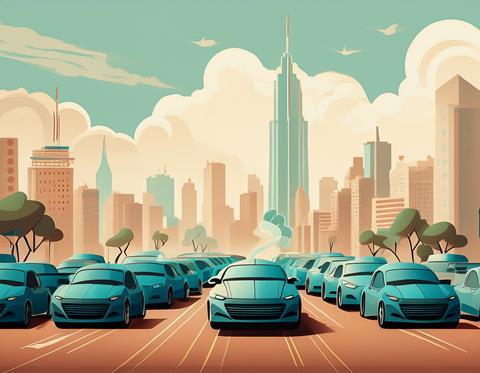
In a crucial development for the UK’s automotive industry, Stellantis, parent company of Vauxhall, Citroën, and Peugeot, has issued a stark warning: UK production might cease unless the government ramps up efforts to boost electric vehicle (EV) demand. Maria Grazia Davino, the head of Stellantis, which also owns Fiat, Jeep, and Alfa Romeo, voiced concerns over the UK’s mandate banning the sale of new petrol and diesel cars by 2035. “Stellantis UK does not stop, but Stellantis production in the UK could stop,” she declared at an industry conference.
Davino hinted that a decision regarding the fate of Stellantis’s plants in Luton and Ellesmere Port near Liverpool could be made within “less than a year.” Stellantis’s portfolio includes other well-known brands such as Chrysler, Dodge, Maserati, and Opel, making this potential halt a significant issue for the UK automotive sector. The UK government initially aimed to ban sales of new petrol and diesel cars by 2030, but extended the deadline to 2035 to allow consumers more time to transition to EVs. The Prime Minister explained the delay, citing the “upfront cost” of EVs as still too prohibitive for many consumers.
Despite these regulatory changes, Stellantis, which produces electric vans at Ellesmere port, has plans in place to begin EV production at its Luton plant in 2025. Ms. Davino brought attention to the company’s substantial investments in these sites, saying, “we have undertaken big investments in Ellesmere Port and in Luton, with more to come. “But if this market becomes hostile to us, we will enter an evaluation for producing elsewhere.”
The announcement, once again highlights the ongoing friction between car manufacturers and the government over the accelerated push towards electric vehicles, amidst waning demand. The rise of inexpensive Chinese EVs has exacerbated manufacturers’ concerns about profitability in a sluggish market. Ms. Davino elaborated, “It means that you have to increase discounts to push the market that isn’t there. And this has a number of consequences for the business case.”
Anti-China OEM protectionist EU tariffs to come into force
The European Commission (EC) also recently announced significant new tariffs on Chinese electric vehicles (EVs), following preliminary results from its anti-subsidy investigation. The investigation found that Chinese state support is artificially lowering the prices of these vehicles, prompting the EC to take action to protect the European market.
Beginning next week (from July 4), additional tariffs will be imposed, varying by manufacturer. BYD will face a tariff of 17.4%, Geely 20%, and SAIC a steep 38.1%. Tesla, while not a Chinese manufacturer, might also receive an individually calculated duty rate when the final tariffs are determined.
The decision comes in response to findings that Chinese vehicle manufacturers have been “dumping” cheap EVs into the European market, which is already facing challenges. This practice threatens the competitiveness of local producers and the overall stability of the market. In anticipation of such regulatory actions, Chinese companies are currently strategising to maintain their foothold in Europe. BYD, for instance, plans to open a manufacturing plant in Hungary within the next 3-4 years. Other Chinese automakers like Chery and MG are expected to follow suit, establishing local production to mitigate the impact of the tariffs.
The EC’s policy manoeuvre is yet another that underscores the increasing tension between competing interests, namely, Europe and China over trade practices, particularly in the rapidly growing EV sector. The tariffs aim to level the playing field for European manufacturers and ensure fair competition in the market.
The automotive sector will be closely watching the UK government’s next moves in this high-stakes situation, as the implications for the industry and the broader economy could be substantial.





























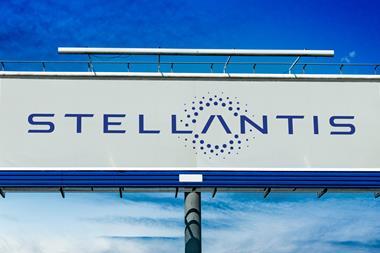
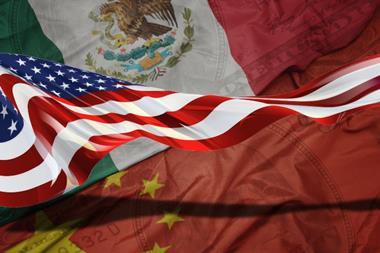
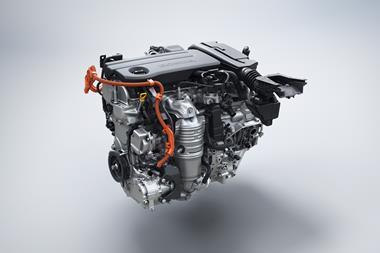
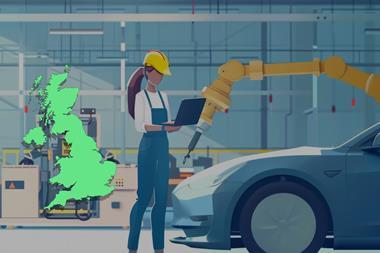
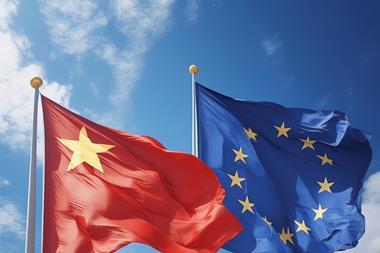




No comments yet